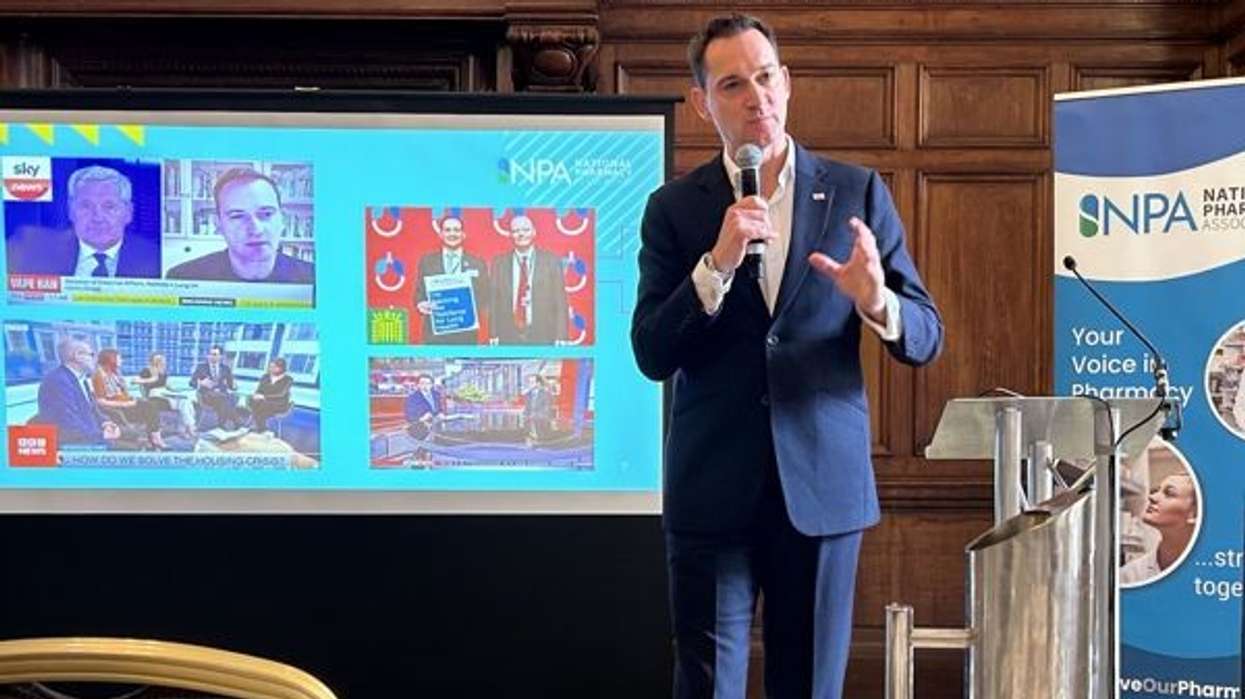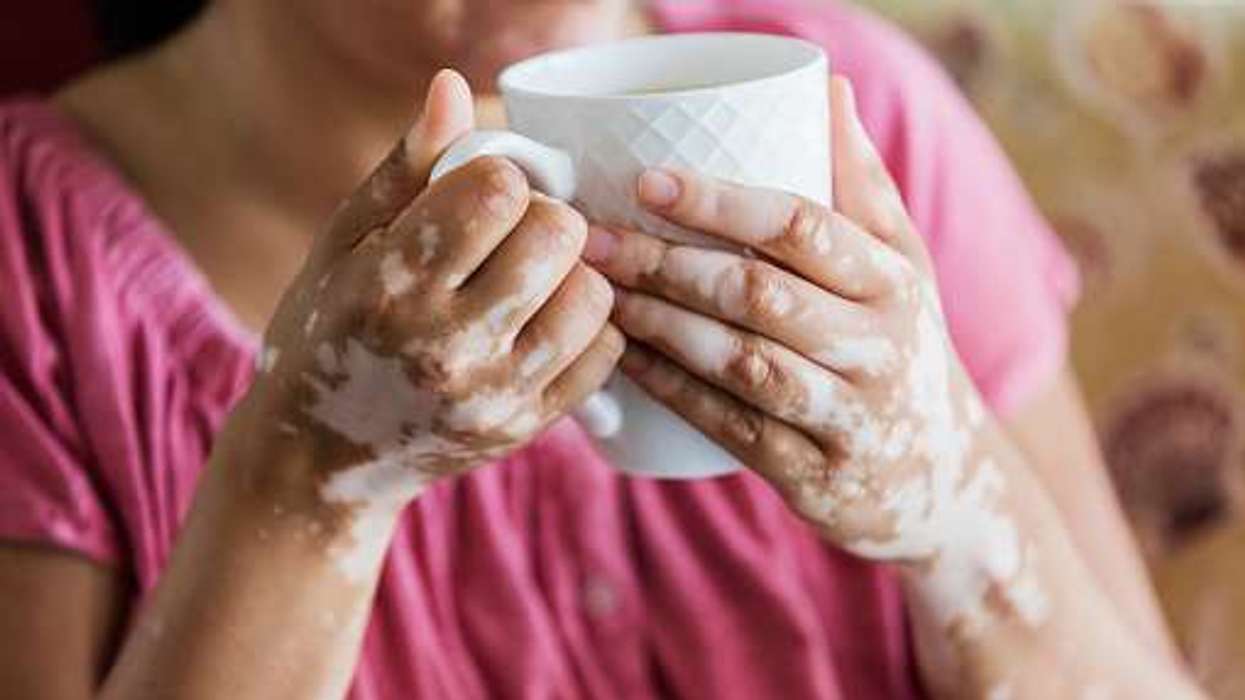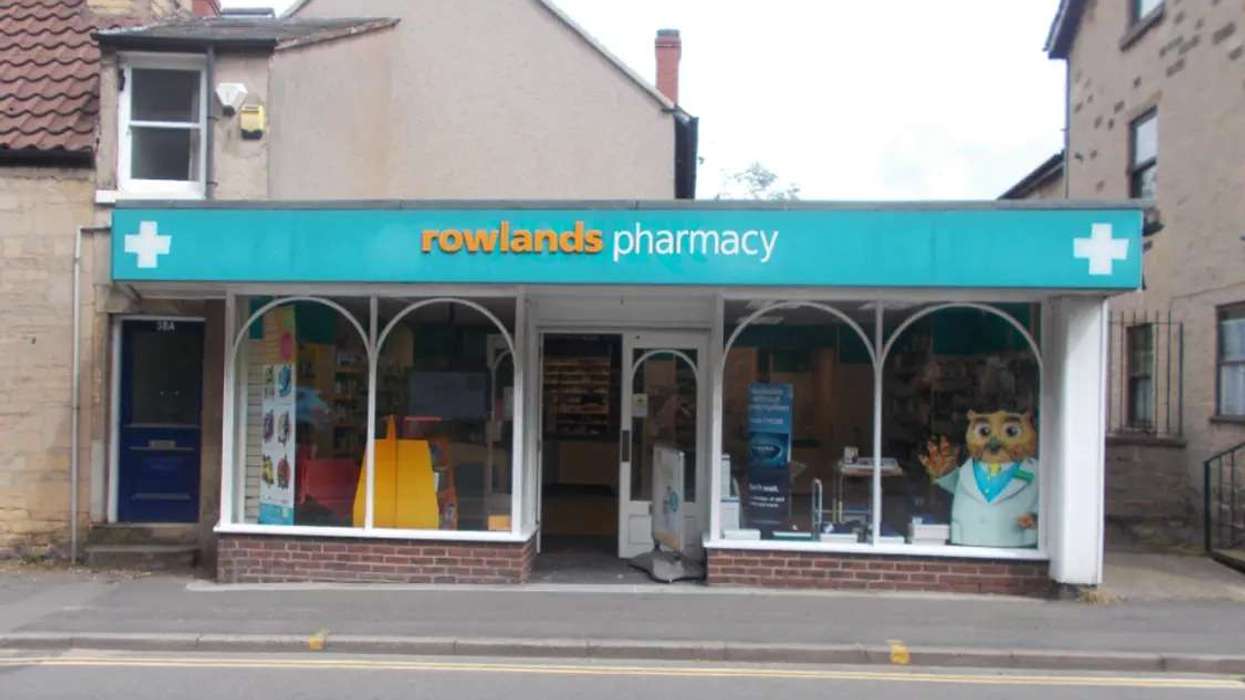Britain said on Tuesday that healthcare workers, social care staff and the most vulnerable will still get Covid-19 tests without any charge when it ends free testing for the general public next month.
When he announced all coronavirus restrictions would be scrapped in February, prime minister Boris Johnson said free tests would end on April 1, saying the country could not afford their cost.
Chancellor Rishi Sunak too has insisted that it was no longer feasible for his department to spend £2 billion a month on free testing.
Health secretary Sajid Javid said people at risk of serious illness from Covid-19 would continue to get free tests if they developed symptoms, along with NHS staff (including community pharmacy teams), those working in social care and those in other high-risk jobs.
Covid cases and hospitalisations have risen in recent weeks, but the government said more than 55 per cent of those who tested positive in hospital for the virus had been admitted for other ailments.
Meanwhile, booster vaccine shots are being rolled out for older and immunosuppressed people.
From Friday, people who develop symptoms such as a high temperature or other respiratory infections will be advised to stay at home and avoid contact with other people until they feel better and no longer have a fever.
Those who test positive for Covid will be advised to stay at home for five days and avoid any contact with other people for five days.











